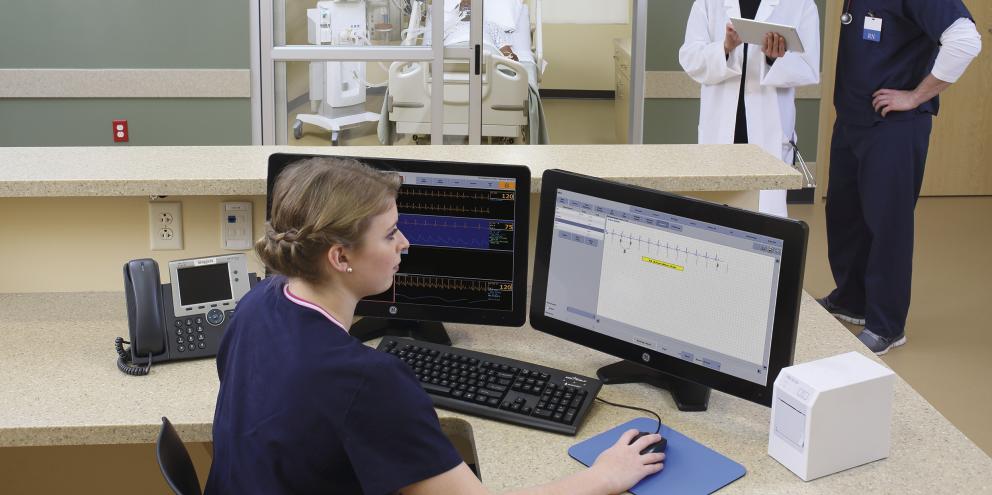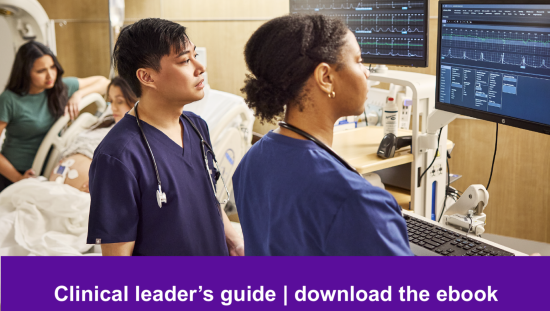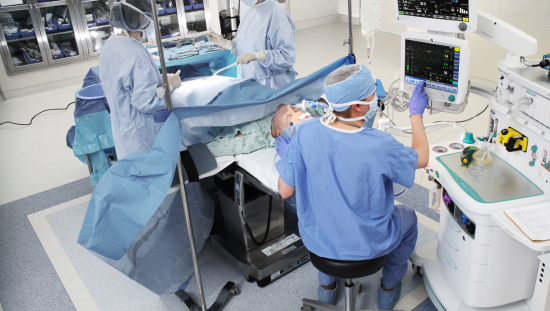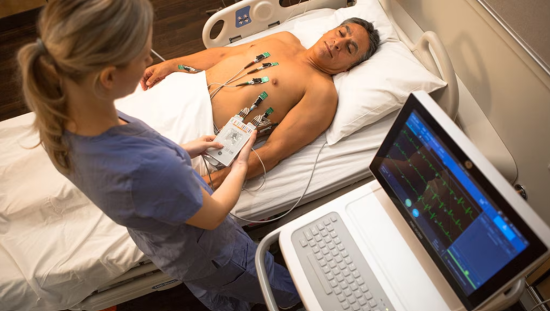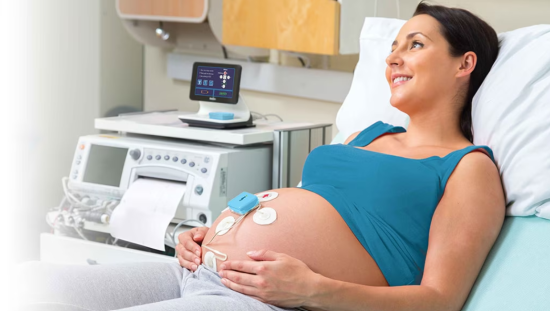Kathy J. Booker, RN, PhD, CCRN, Karyn Holm, RN, PhD, Barbara J. Drew, RN, PhD, Dorothy M. Lanuza, RN, PhD, Frank D. Hicks, RN, PhD, Tim Carrigan, RN, BSN, CCRN, Michelle Wright, RN, BSN and John Moran, MD
Journal of Critical Care 12, 508-517 (2003).
Published with permission for posting on Clinical View: http://clinicalview.gehealthcare.com/
Background
Critically ill adults admitted for noncardiac conditions are at risk for acute myocardial ischemia.
Objectives
To detect myocardial ischemia and injury in patients admitted for noncardiac conditions and to examine the relationship of myocardial ischemia, injury, and acuity to cardiac events.
Methods
Transient myocardial ischemia, acuity, elevations in serum troponin I, and in-hospital cardiac events were examined in 76 consecutive patients. Transient myocardial ischemia, determined by using continuous electrocardiography, was defined as a 1-mm (0.1-mV) change in ST level from baseline to event in 1 or more leads lasting 1 or more minutes. Acuity was determined by scores on Acute Physiology and Chronic Health Evaluation II.
Results
A total of 37 ischemic events were detected in 8 patients (10.5%); 32 (86%) were ST-segment depressions, and 35 (96%) were silent. Twelve patients (15.8%) had elevated levels of troponin I. Transient myocardial ischemia, elevated troponin I levels, and advanced age were significant predictors of cardiac complications (R2 = 0.387, F = 15.2, P < .001). Acuity correlated only modestly with increased length of stay in the intensive care unit (r = 0.26, P = .02) and elevated troponin I levels (r = 0.25, P = .03). Patients with transient myocardial ischemia had significantly higher rates of elevations in troponin I (P < .001) and cardiac events (P < .001) than did patients without.
Conclusions
Transient myocardial ischemia and advanced age are predictors of cardiac events and may indicate patients at risk for cardiac events.
Full article is available on the American Journal of Critical Care website: http://ajcc.aacnjournals.org/content/12/6/508.long
Declaration of interest: This research was supported by a grant from Datex-Ohmeda Instrumentarium Corp and a Faculty Developmental Grant from Millikin University.

